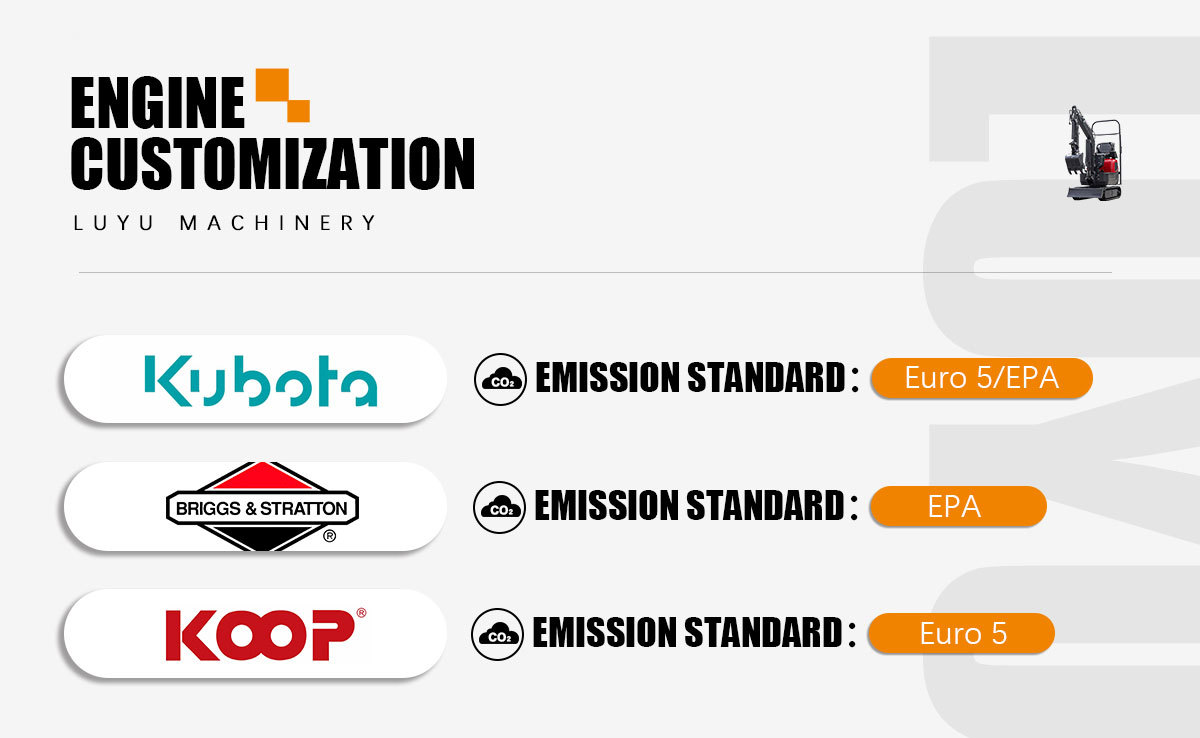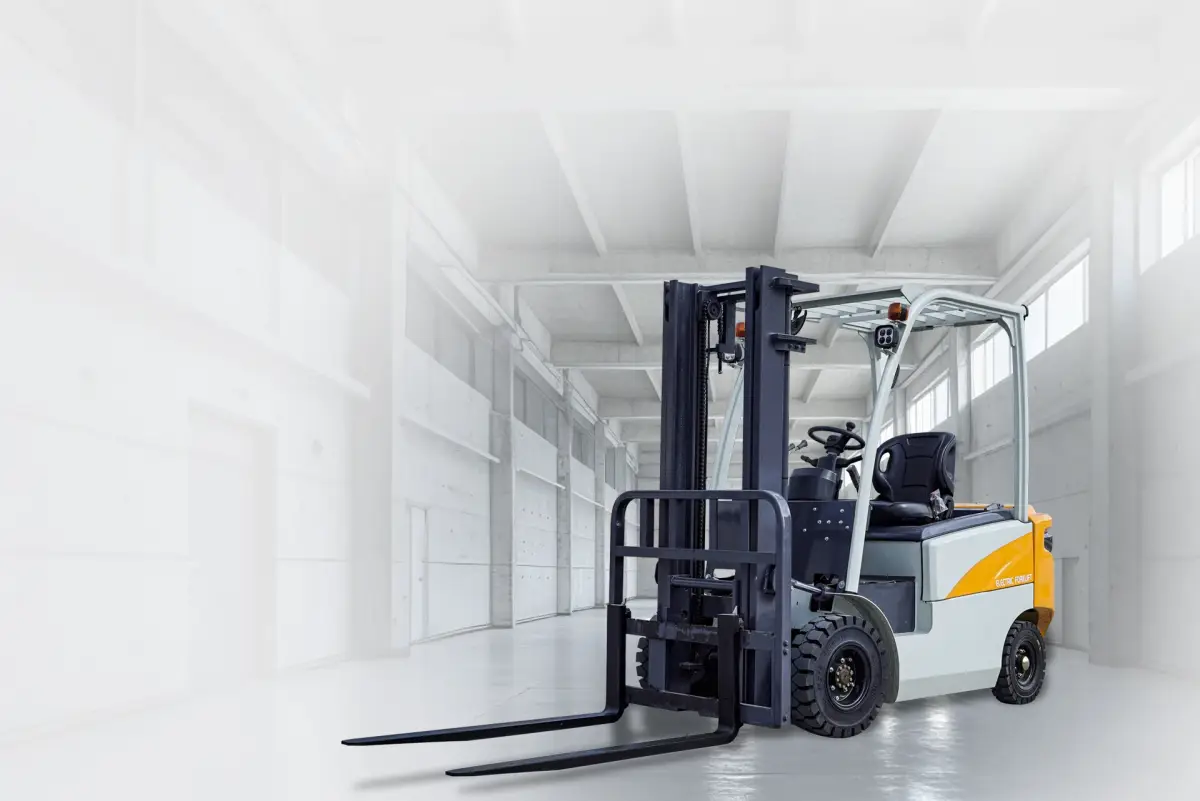When investing in a wheel loader, contractors expect durability, performance, and a return on their investment. But the actual lifespan of your machine hinges on more than the manufacturer’s promise — it depends on how you use, maintain, and care for it.
In this article, LUYU will break down the typical lifespan of wheel loaders, the key factors that influence it, and actionable strategies to help you get the most out of your machine.
✍Typical Wheel Loader Lifespan: What to Expect
Most wheel loaders have an average operating life of around 10 years or 7,000 to 12,000 operating hours, depending on usage and upkeep. Contractors usually rack up 1,200–1,500 hours per year, meaning your loader can serve you well for nearly a decade — if used properly.
✍ Key Factors That Affect Wheel Loader Longevity
1. Operator Skill
Proper operation is crucial to equipment lifespan. Rough handling, excessive braking, and poor loading techniques can dramatically shorten the life of your loader. Operators should be trained to work efficiently, smoothly, and safely.
2. Routine Maintenance
Preventive maintenance is not optional — it’s essential. Sticking to a regular inspection schedule and using genuine OEM parts ensures your equipment continues to run at peak performance. Neglecting small issues can lead to major failures.
3. Working Conditions
Your job site matters. Harsh conditions such as steep slopes, extreme temperatures, or handling abrasive materials (like rock or sand) will accelerate wear. Even the type of material being moved affects how different components degrade over time.
⚙️ Component Lifespan Estimates (Average Ranges)
Component
Lifespan (Hours)
Influencing Factors
Tires
4,000–10,000
Tire pressure, terrain type, maintenance frequency
Bucket
7,000–10,000
Operator precision, cleaning, surface wear
Articulation Joint
7,000–17,000
Abrasive materials and lubrication routines
Engine
8,000–15,000
Load cycles, maintenance, and possible rebuilding
Brakes
5,000–15,000
Operator habits and braking frequency
Note: These numbers are averages. Lifespan varies depending on application, environment, and operator discipline.
⚙️How to Extend Your Loader’s Life: Actionable Strategies
✅ 1. Invest in Operator Training
Poor handling is the fastest way to destroy a machine. Educate your team on:
- Smooth acceleration and deceleration
- Proper bucket control
- Avoiding unnecessary idling or overloading
✅ 2. Follow a Strict Maintenance Schedule
Stick to the manufacturer’s service intervals. Monitor fluid levels, check for leaks, and inspect high-wear components regularly. Proactive maintenance reduces downtime and increases resale value.
✅ 3. Optimize Tire Usage
Tires are one of the most frequently replaced components. Use the right type of tires for your terrain, check inflation regularly, and rotate them when needed.
✅ 4. Improve Job Site Conditions
Reduce steep slopes where possible and streamline material flow to reduce stress on your machine. Uneven or poorly managed sites increase wear on suspension, tires, and joints.
✅ 5. Utilize Smart Machine Technology
Modern loaders offer features like:
- Automatic transmissions
- Acceleration control
- Telematics for real-time condition monitoring
These tools reduce operator fatigue and optimize performance automatically.
Your wheel loader is a valuable investment. By focusing on operator training, consistent maintenance, and strategic job site management, LUYU can extend the useful life of their machines well beyond the average.
Whether you’re handling rock, sand, or soil — smart operation equals long-term savings.




